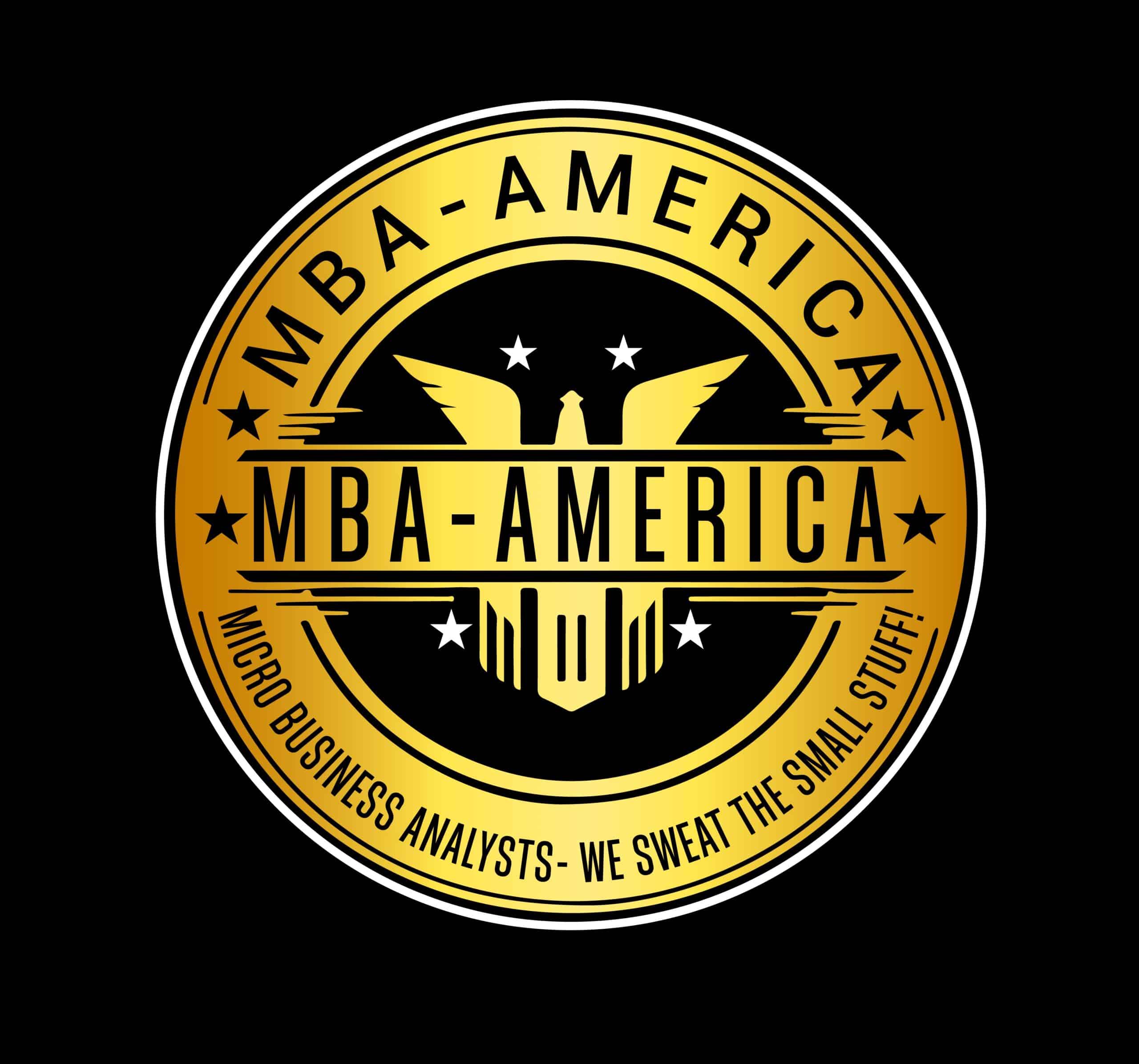What’s your business worth? Â It is a question for which every small business owner needs to have a pretty good answer. Â However, business valuation is not an exact science and too frequently it is approached much too simplistically.
Rules of Thumb.  Most business brokers believe and advise clients that their business is worth some multiple of  Owners Discretionary Earnings or Owners Discretionary Cash Flow. The industry relies heavily on this methodology and even bank valuations specialists utilize and give high weight to rules of thumb when discussing business value; this can even occur when there is little accounting standard support for such methodologies and the information used in the formula.  Rarely do such valuations rely on audited information or even a solid quality of earnings review for small to mid-sized, privately held businesses.
The reality is that rules of thumb heavily influence small business go to market value estimates and can be a good starting point. Â However, the truth is that businesses with similar historical Discretionary Earnings(DE) Â or Discretionary Cash Flow(DCF) can and frequently do have significantly different real business values. Sellers can leave significant dollars on the table and buyers can and do buy a business whose value is significantly different than the sales price.
Why?  Because real business value is dependent upon the probability of future income expectations.  Historical profitability and historical cash flows may or may not be good predictors of future performance,  but alone are very poor predictors of future performance, particularly when based upon financial information prepared without clear standards.   It’s more complicated than that.
For one example, the continuity of management and key relationships can be a major value factor. Â Usually small business value is heavily dependent upon the owner(s) and their skill sets who will then be leaving when a company is sold. How that transition is handled can significantly influence future performance of a small business and its real value and future success.
MBA Tampa Bay has developed a proprietary Business Valuation Methodology designed to improve the predictability of future earnings and provide a blueprint for aggressively building the value of the business.
The process Involves an analysis of 13 key business attributes, (Baker’s Dozen),  including historical financial information, tax return analysis, infrastructure,  entity structural analysis, burden analysis and much more.
For information about getting a clearer and more accurate valuation of your business to begin aggressive business value building or for one you may be  considering acquiring, contact us at [email protected] to schedule a free strategic session.
